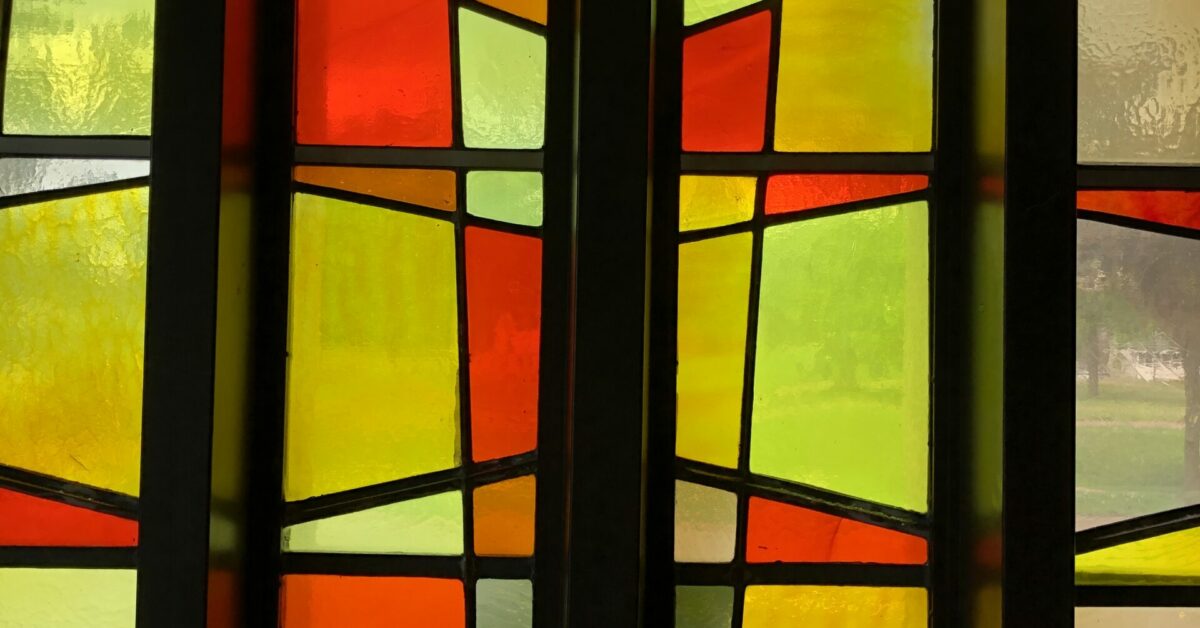Scripture Study for Adult Seekers
Slow Walking Series
The model of adult faith formation which we advocate calls for a reorientation of our classic Lutheran practices for “confirmation instruction,” especially during the early stage of the adult catechumenate, the period of inquiry. Rather than inviting the seeker to “attend classes” and “learn about” what Christians believe, we are called to invite the seeker to join with a group that gathers to hear the Word of God, reflect on the Word, and to share questions they have about the Christian faith, about God, and about the church.
A common practice for these adult catechumenal gatherings is to read and study the appointed Gospel lesson from the lectionary. Such a practice not only ties the study of Scripture to the liturgical life of the congregation, but the narrative genre of the Gospels also lends itself to crafting open-ended questions that can engage newcomers with what may be unfamiliar stories.
How is this done?
The African Bible Study is one way, a method that “turns Bible study away from the intellectual pursuit of knowledge about the text and toward an attitude of listening to what God is saying through the text.” After the leader opens the gathering with the reminder that Christ is present and with a prayer, those gathered are invited to listen for “a word, phrase, or an image from the text that catches their attention and speaks to their life at this time.” The appointed Scripture is read slowly, followed by a time of reflection. The participants then share briefly about the word, phrase, or image that caught their attention. The Scripture is read a second time; silent reflection follows. Participants are then invited to share how the text speaks to them in a “deeper or wider” way. To go “deep” is to reflect on “some aspect of self that challenged, questioned, or affirmed by the text.” To go “wider” is to see “how the text speaks about the person’s relationships with others.” The Scripture is read a third time, silent reflection follows, and participants are encouraged “to speak a prayer that grows out of the text” (Go Make Disciples: An Invitation to Baptismal Living, 140—41).
One of the values of the African method is the generic pattern of the reflection prompts, which can be used with any text. Using the same prompts week after week takes pressure off the facilitator, and the stable structure can increase the comfort level of participants, who soon learn the pattern.
Another practice (more creative and time-consuming for preparation) is to craft specific open-ended questions for each Gospel text. Here are examples of open-ended questions for three Gospel readings in Year A:
- Matthew 11:2-11 (Advent 3)
- John the Baptist, imprisoned, sends his disciples to Jesus.
- Question for reflection: When have you felt spiritually blind, lame, or deaf?
- Matthew 4:1-11 (Lent 1)
- Satan tempts Jesus.
- Question for reflection: When or under what circumstances do you feel most vulnerable to temptation?
- Luke 24:13-35 (Easter 3)
- Two disciples encounter the risen Lord Jesus on the road.
- Question for reflection: When have you been surprised by an encounter with Jesus?
These questions invite participants to think about their own lives in relation to Scripture. Like the African method, these open-ended questions “turns Bible study away from the intellectual pursuit of knowledge about the text and toward an attitude of listening to what God is saying through the text.” The discussion and sharing will build community among participants—a vital goal in the period of inquiry—and will uncover ways for the leader to provide further instruction about who Jesus is and how faith in Jesus brings life and salvation.
